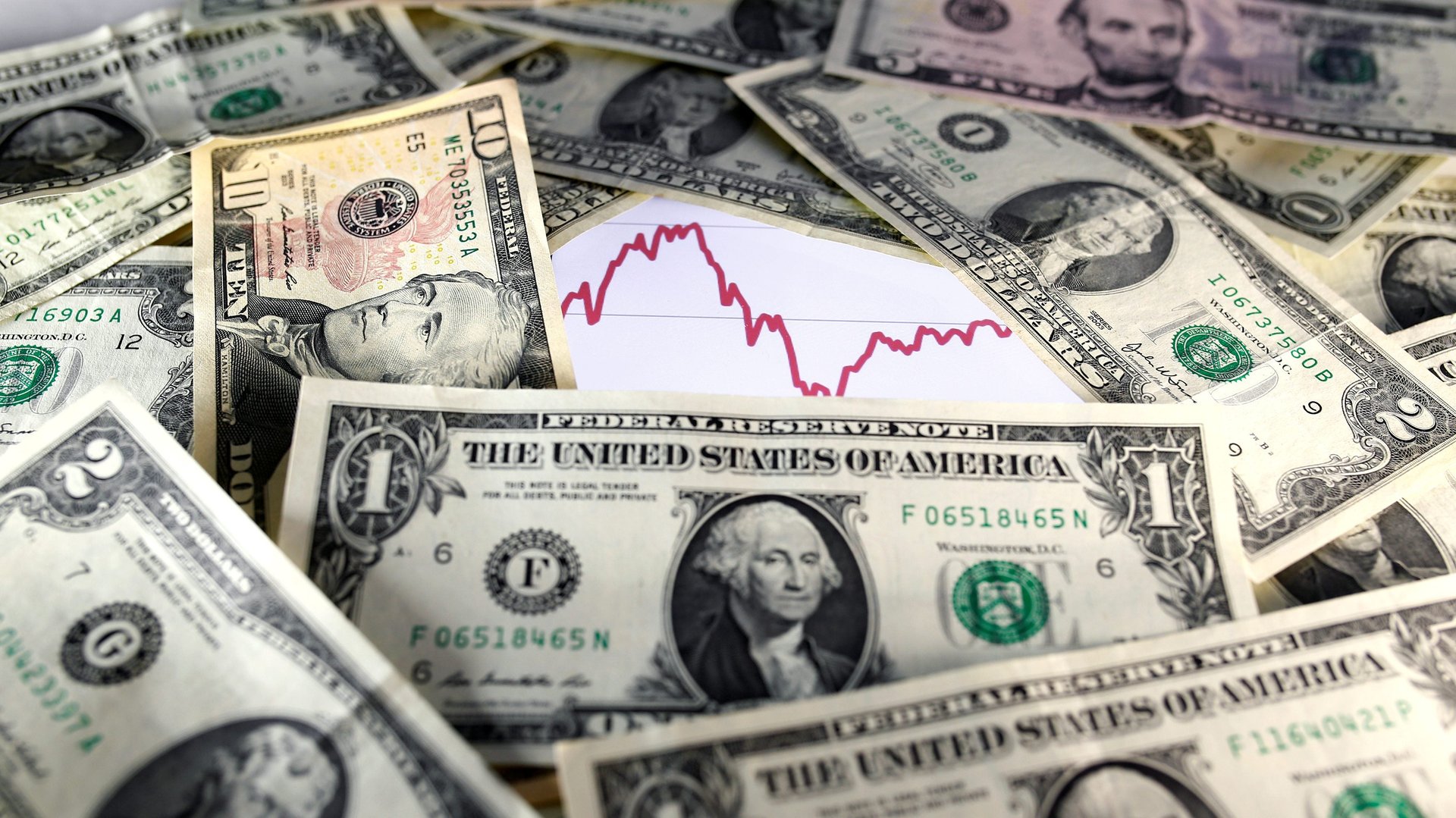Venture capitalists say they’ll keep pumping money into startups even with Trump as president
US markets aren’t the only ones being relatively sanguine about a Donald Trump presidency. Venture capitalists say they’re optimistic that funds will continue to flow to startups in Silicon Valley, even with the uncertainty unleashed by the 2016 election.


US markets aren’t the only ones being relatively sanguine about a Donald Trump presidency. Venture capitalists say they’re optimistic that funds will continue to flow to startups in Silicon Valley, even with the uncertainty unleashed by the 2016 election.
“Investors’ instinctive reaction is to pull back during times of economic hardships, but a good investor looks beyond that and focuses on opportunities,” said Shahin Farshchi, partner at Lux Capital, a VC firm in New York City and Silicon Valley.
Founders build valuable companies during both downturns and boom times, he said. Economic tumult that depresses public markets typically doesn’t bother venture investors, who evaluate their returns over five- to 10-year timelines. “Lux capital is open for business,” Farshchi said. “We continue to look for great founders.”
Startups have not enjoyed the same access to funds in 2016 as they did in the year prior. In the first and third quarters, financing from VCs to US startups suffered year-on-year declines. Young startups bore the brunt of that in the latest quarter, with the number of seed-stage deals falling to 898, about half of its 2014 peak. Investors have continued enthusiastically funding bigger, later-stage companies such as Uber.
At the same time, venture capitalists themselves have raised money at levels unseen since the dot-com era of the early 2000s. The tremendous cash piles they’ve accumulated are now making founders hopeful that money will keep being distributed despite the hard-to-gauge outlook of a Trump presidency.
“Venture capitalists, especially in the earlier stage, are pretty far away from a lot of the geopolitical stuff that scares a lot of people about this transition, this election,” said Joe Du Bey, founder and CEO of Eden, an office services startup based in the San Francisco Bay Area. “The truth is that VC funds have raised a lot of money in the past few years, have raised historically high amounts of money, and they haven’t deployed a lot of it. … I think you could expect a good amount of cash to be put to work in 2017.”
Financing was momentarily shaky for startups in the United Kingdom after it voted to leave the European Union this summer. But by the third quarter, VC analyst firm CB Insights reported that investor concerns around Brexit were “stabilizing” and that there had been a “small uptick” in VC funding since the previous quarter.
In the case of US VCs, the capital is “already committed,” said Sean Gourley, a startup founder and seed-stage investor with VC firm Data Collective. Trump’s policies might change the sectors that investors choose to place their bets on, but fundamentally the money they’ve raised will still need to be spent. “I don’t see that drying up,” he said.